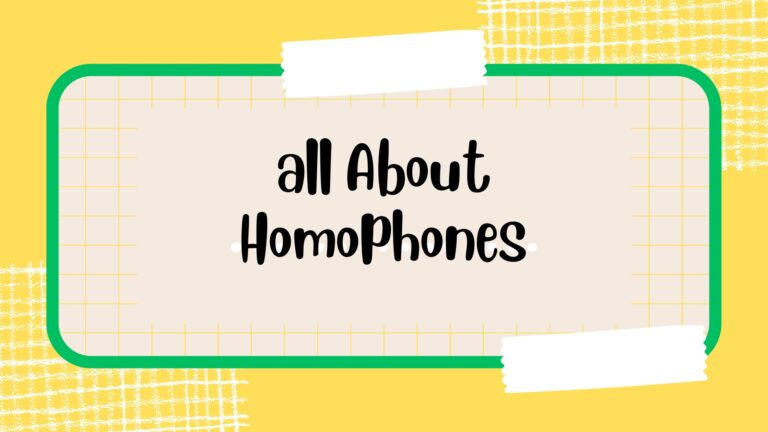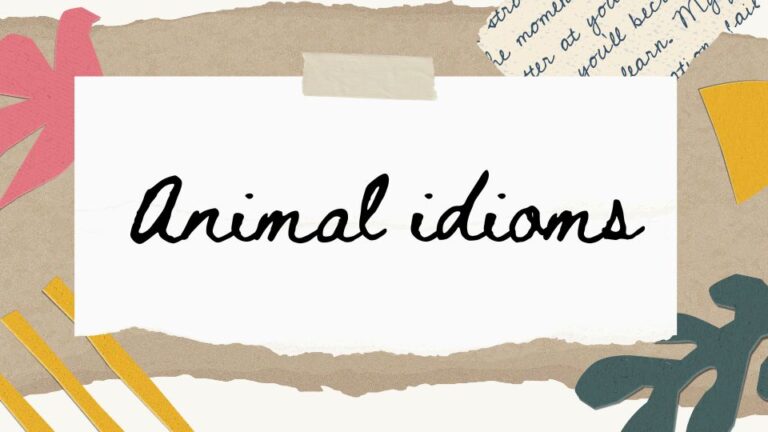Understanding Root Words in everyday Speech
Knowing root words can help you understand and communicate better. This article will discuss the importance of root words and lists of some basic root words.
Introduction to Root Words in Language
Root words are the basic parts of language that give meaning to complex words. They are the simplest form of a word without added parts, like “act” in “action.” Knowing root words improves communication skills and helps us understand vocabulary better. This knowledge helps us appreciate how language has evolved and how it relates to itself.
The Importance of Root Words
Root words are key to language and help us understand new words and their meanings. When we recognize roots like “spect,” we appreciate language more. This knowledge encourages us to be creative with words and create different forms that express subtle meanings. As digital communication increases, using root words can bring back clarity, improving our understanding of the world.
How Root Words Form New Words
By adding prefixes and suffixes, we can change root words into different parts of speech, like nouns and verbs. For example, “act” can turn into “action,” “active,” or “react.” This helps us expand our vocabulary and express complex ideas.
When we understand how words are formed, we can figure out unfamiliar terms by recognizing their roots. For instance, “tele” means “far,” which helps us understand words like “telephone.” This knowledge makes us appreciate how language works, combining creativity with rules.
Common Root Words in English
1. act(to do, to act)
Prefix: action, actor,, active
Suffix: react
2. aud(to hear)
Prefix: audio, audience, audition, audible
3. bene(good, well)
Prefix: benefit, benevolent, beneficial
4. bio(life)
Prefix: biology, biography, biosphere
5. dict(to say, to speak)
Prefix: dictate, dictionary,
Suffix: predict, contradict
6. duc / duct(to lead)
Suffix: conduct, introduce, educate, reduce
7. form(shape)
Suffix: uniform, transform, reform, deform
8. graph(to write)
Suffix: autograph, photograph, graphic, biography
9. ject(to throw)
Suffix: reject, inject, project, eject
10. log / logy(word, study of)
Prefix: logic
Suffix: biology, geology, catalog
11. man / manu(hand)
Prefix: manual, manufacture, manuscript, manipulate
12. mit / miss(to send)
Suffix: transmit, dismiss, mission, submit
13. path(feeling, disease)
Prefix: sympathy, empathy, apathy
Suffix: pathology
14. phil(love)
Prefix: philosophy, philanthropy,
Suffix: bibliophile
15. phon(sound)
Suffix: telephone, microphone, symphony
Prefix: phonics
16. port( to carry)
Suffix: transport, export, import,
Prefix: portable
17. rupt(to break)
Suffix: interrupt, erupt, corrupt
Prefix: rupture
18. scrib / script(to write)
Suffix: describe, manuscript, prescription,
Prefix: scripture
19. spec / spect(to see)
Suffix: inspect, respect
Prefix: spectacle, spectator
20. struct(to build)
Suffix: construct, destruction, instruct
Prefix: structure
Root Words in Daily Speech
1. tele(far, distant)
Example: Telephone, television
2. auto(self)
Example: Autograph, automatic
3. port(carry)
Example: Airport, portable
4. form(shape)
Example: Uniform, information
5. dict(speak, say)
Example: Dictate, dictionary
6. vid / vis(see)
Example: Video, visit
7. scrib / script(write)
Example: Subscribe, script
8. phon(sound)
Example: Phone, microphone
9. graph(write, draw)
Example: Photograph, graphics
10. cred(believe)
Example: Credit, incredible
11. rupt(break)
Example: Interrupt, erupt
12. mit / miss(send)
Example: Submit, dismiss
13. man / manu(hand)
Example: Manual, manufacture
14. act(do)
Example: Actor, react
15. spec / spect(see)
Example: Respect, inspect
16. struct(build)
Example: Construct, structure
17. log / logy(word, study)
Example: Logic, biology
18. therm(heat)
Example: Thermometer, thermal
19. bene(good)
Example: Benefit, benevolent
20. fin(end, limit)
Example: Finish, final
Teaching Root Words to Children
Here are 20 child-friendly root words with meanings to help teach children how root words appear in everyday language.
1. act(do)
Examples: act, action, active
2. play(fun, amusement)
Examples: play, player, playful
3. read(to read)
Examples: read, reader, reread
4. write(to write)
Examples: write, writer, rewrite
5. look(to see)
Examples: look, looking, outlook
6. help(to assist)
Examples: help, helper, helpful
7. move(to go or change place)
Examples: move, movement, mover
8. draw(to make pictures)
Examples: draw, drawing, drawer
9. run(to move fast)
Examples: run, runner, running
10. sing(to make music with your voice)
Examples: sing, singer, singing
11. jump(to push off the ground)
Examples: jump, jumper, jumping
12. paint(to color)
Examples: paint, painter, painting
13. cook(to prepare food)
Examples: cook, cooker, cooking
14. clean(to make tidy)
Examples: clean, cleaner, cleaning
15. light(brightness)
Examples: light, lighter, lighten
16. talk(to speak)
Examples: talk, talker, talking
17. walk(to move on foot)
Examples: walk, walker, walking
18. think(to use your brain)
Examples: think, thinker, thinking
19. laugh(to show joy)
Examples: laugh, laughing, laughter
20. love(to care deeply)
Examples: love, loving, lovely







